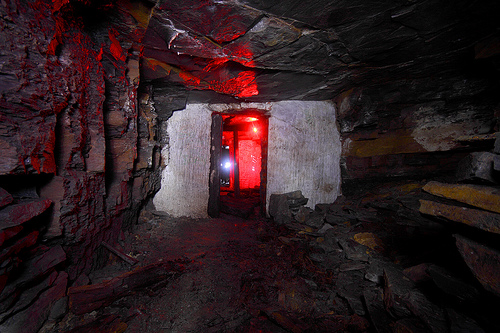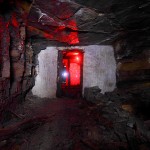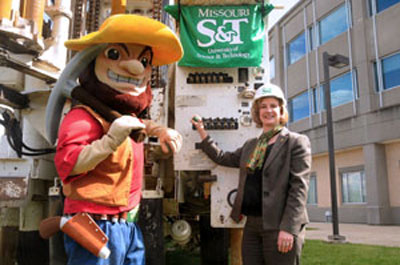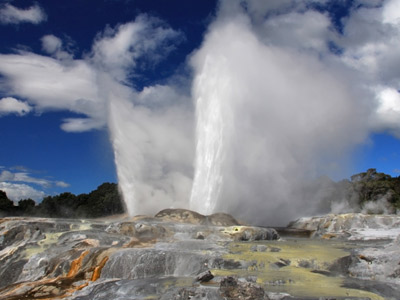
 Underground mining is a sweaty job, and not just because of the hard work it takes to haul ore: Mining tunnels fill with heat naturally emitted from the surrounding rock.
Underground mining is a sweaty job, and not just because of the hard work it takes to haul ore: Mining tunnels fill with heat naturally emitted from the surrounding rock.
A group of researchers from McGill University in Canada has taken a systematic look at how such heat might be put to use once mines are closed.
They calculate that each kilometer of a typical deep underground mine could produce 150 kW of heat, enough to warm 5 to 10 Canadian households during off-peak times.
A number of communities in Canada and Europe already use geothermal energy from abandoned mines. Noting these successful, site-specific applications, the McGill research team strove to develop a general model that could be used by engineers to predict the geothermal energy potential of other underground mines.
In a paper accepted for publication in the American Institute of Physics ‘ Journal of Renewable and Sustainable Energy, the researchers analyze the heat flow through mine tunnels flooded with water.
In such situations, hot water from within the mine can be pumped to the surface, the heat extracted, and the cool water returned to the ground. For the system to be sustainable, heat must not be removed more quickly than it can be replenished by the surrounding rock.
The team’s model can be used to analyze the thermal behavior of a mine under different heat extraction scenarios.
“Abandoned mines demand costly perpetual monitoring and remediating. Geothermal use of the mine will offset these costs and help the mining industry to become more sustainable,” says Seyed Ali Ghoreishi Madiseh, lead author on the paper.
The team estimates that up to one million Canadians could benefit from mine geothermal energy, with an even greater potential benefit for more densely populated countries such as Great Britain.



